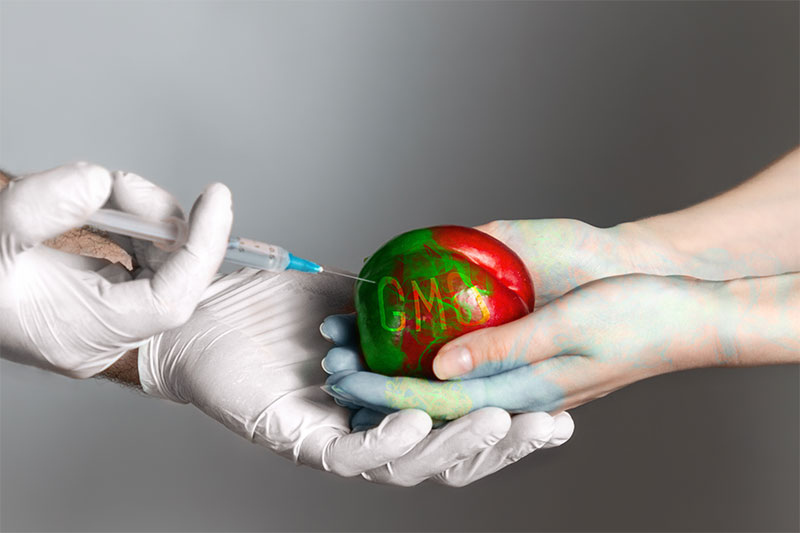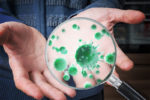The Environmental Working Group or EWG has, as every year, released the “dirtiest” fruits and vegetables on the market list based on extensive research on the look for pesticides, herbicides, chemical fertilizers, and other harmful substances used regularly in conventional farming. The results, as always, are shocking.
Why are pesticides bad for you?
Some chemicals used in traditional farming are probable carcinogens, others are suspected hormone disruptors, while a few are neurotoxins. Studies have linked pesticides to reproductive difficulties too.
Many of our favorite foods are black-listed, which means you should never eat them non-organic. Let’s meet the most contaminated foods for this year.
#9 – Spinach and Kale
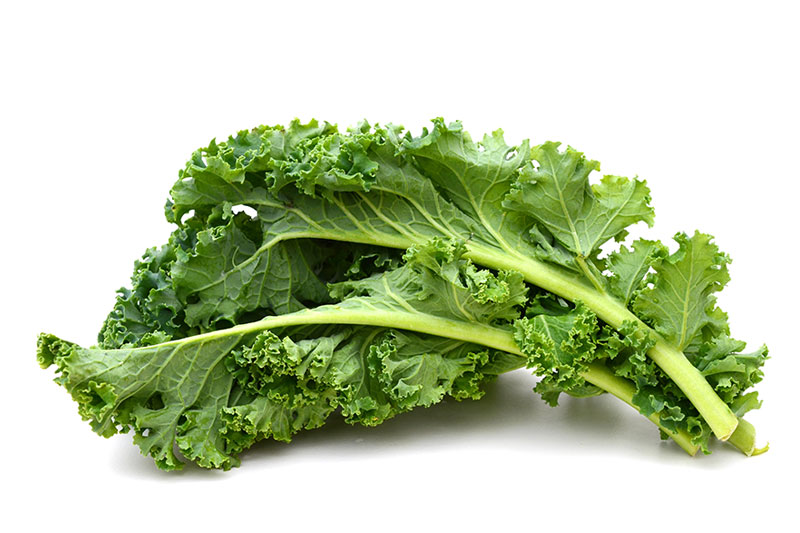
Leafy greens are incredibly healthy sources of iron, vitamins C, A and K, vitamins, minerals, and little carbs. It’s sad to see that most of these tested as the most contaminated produce when farmed in conventional, non-organic ways.
Sadly, spinach and kale have between 1.1 and 1.8 times the amount of pesticides compared to other foods on the list. Some kales had an alarming 18 different residual pesticides, and many
are not eliminated by washing the leaves before consumption.
#8 – Nectarines
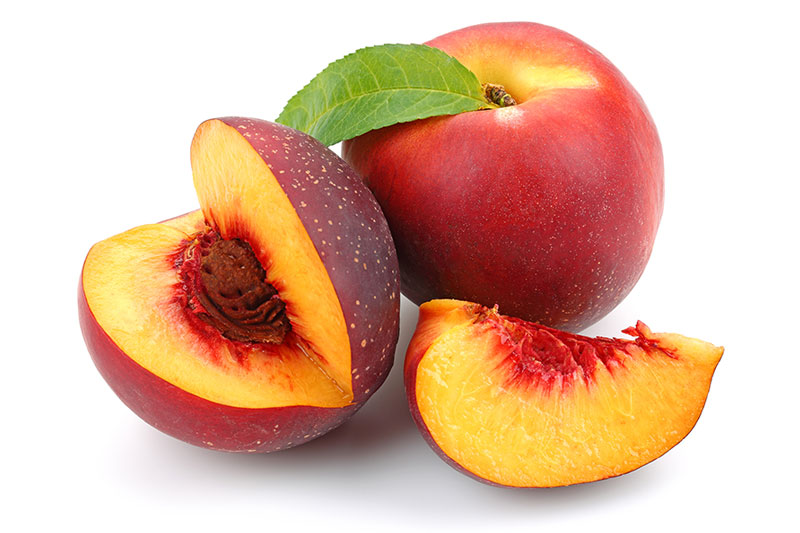
Over 90% of the nectarines tested for pesticides. The results came out positive for at least two different pesticides and chemicals, most of them identified as harmful to humans.
The amounts of sugar in the tasty citrus fruit attracts insects and microorganisms naturally, so farmers are forced (or it easier for them) to use harmful pesticides, which end up in our salads.
#7 – Apples and Pears
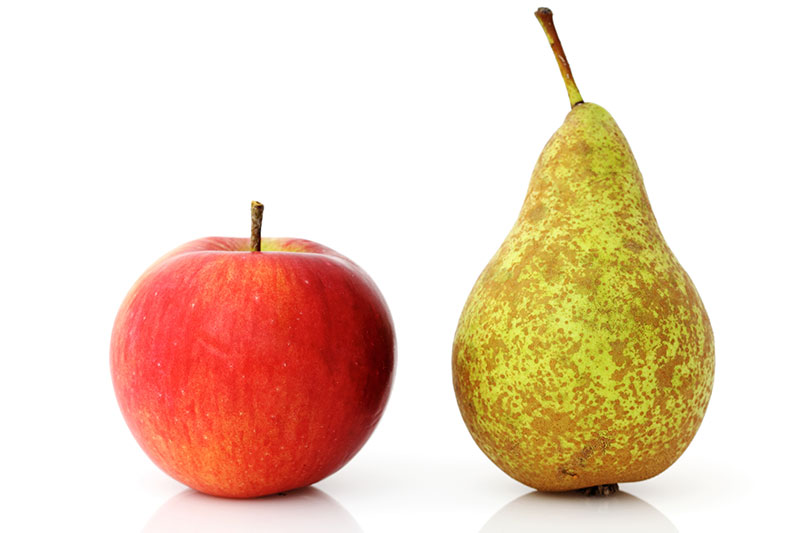
Conventional, non-organic apples and pears have on average residues of four different pesticides, one of the most common is called organophosphates, a powerful insecticide that might have severe repercussions on our organism. There’s no distinction between different types and colors of apples and pears, so watch out for all of them.
Not washing or cooking can eradicate these dangerous compounds, making organic apples and pears an obligated item on your shopping list.
#6 – Grapes, cherries, and strawberries
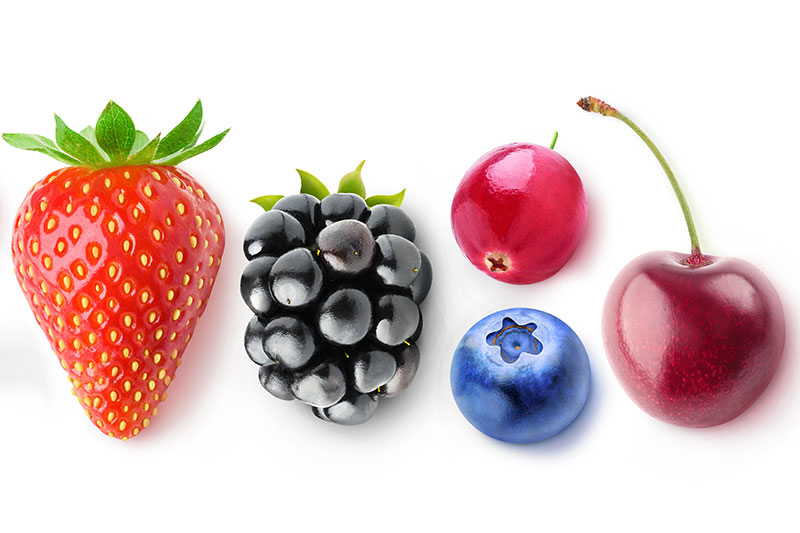
Strawberries, grapes, cherries, blueberries, and raspberries all made the list of the most contaminated fruits in this year’s studies. Strawberries, grapes, and cherries have the highest amounts of pesticide residue, 90% of the samples contained at least two potentially harmful chemicals.
Berries are expensive enough, and the organic kind even more, but they’re a wonderful investment if you want to stay safe. When pesticide-free, berries are very healthy, they’re packed with antioxidants.
#5 – Peaches
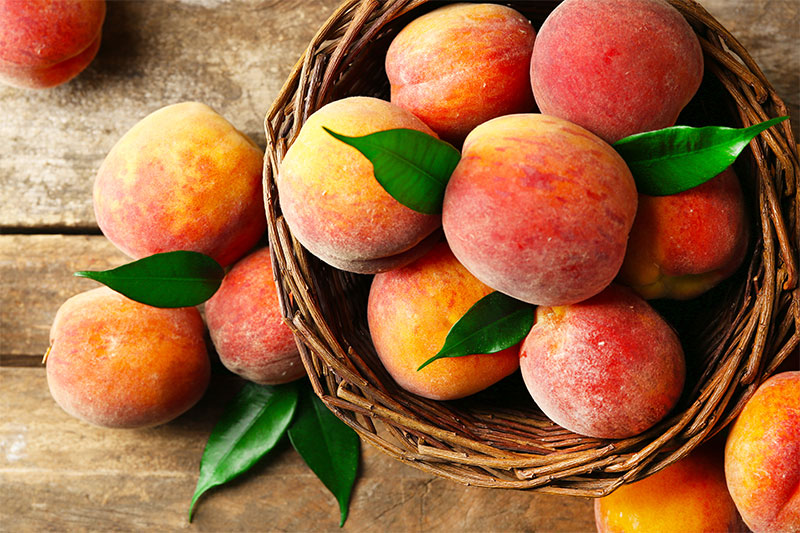
Peaches ranked high in the dirtiest fruits and vegetable list, and although some people think peeling them makes them safe, that not entirely true. Some pesticides penetrate deep into the fruit. As with nectarines, high amounts of insecticide are needed to keep insects at bay, and we’re the ones paying the price as they finish in our shopping carts.
#4 – Tomatoes
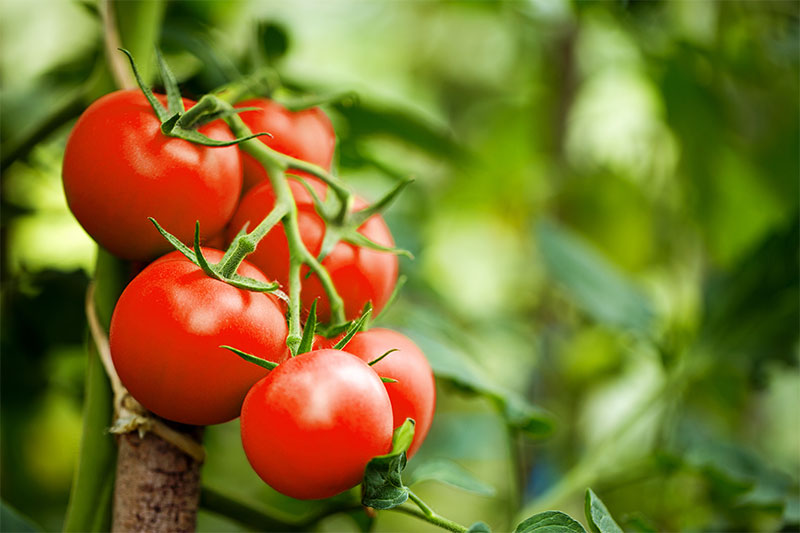
Tomatoes, cherry tomatoes, and even tomato sauces proved to have alarming levels of pesticides, mainly Endosulfan and Azoxystrobin. Although a vinegar soak might remove some dangerous residues, it’s better to source organic tomatoes. The thin skin on the red fruits makes them susceptible to internal contamination.

